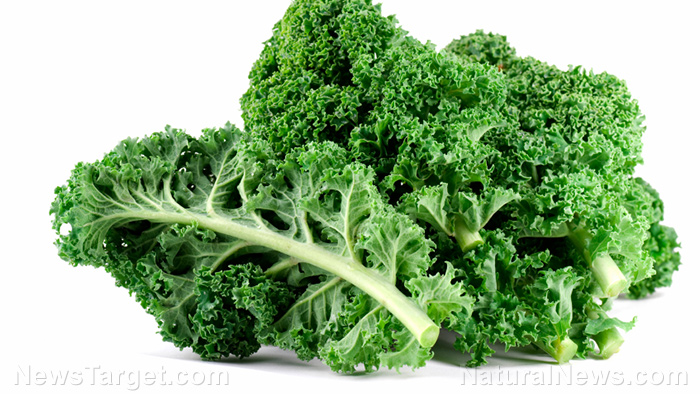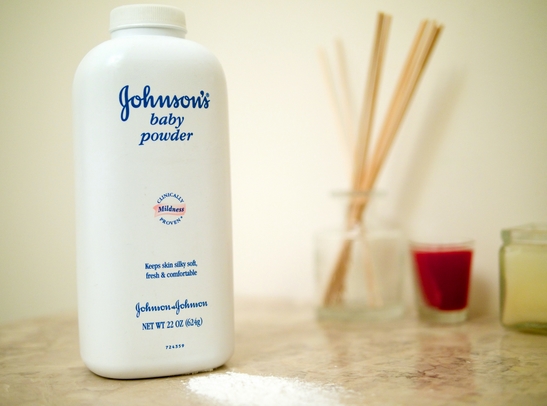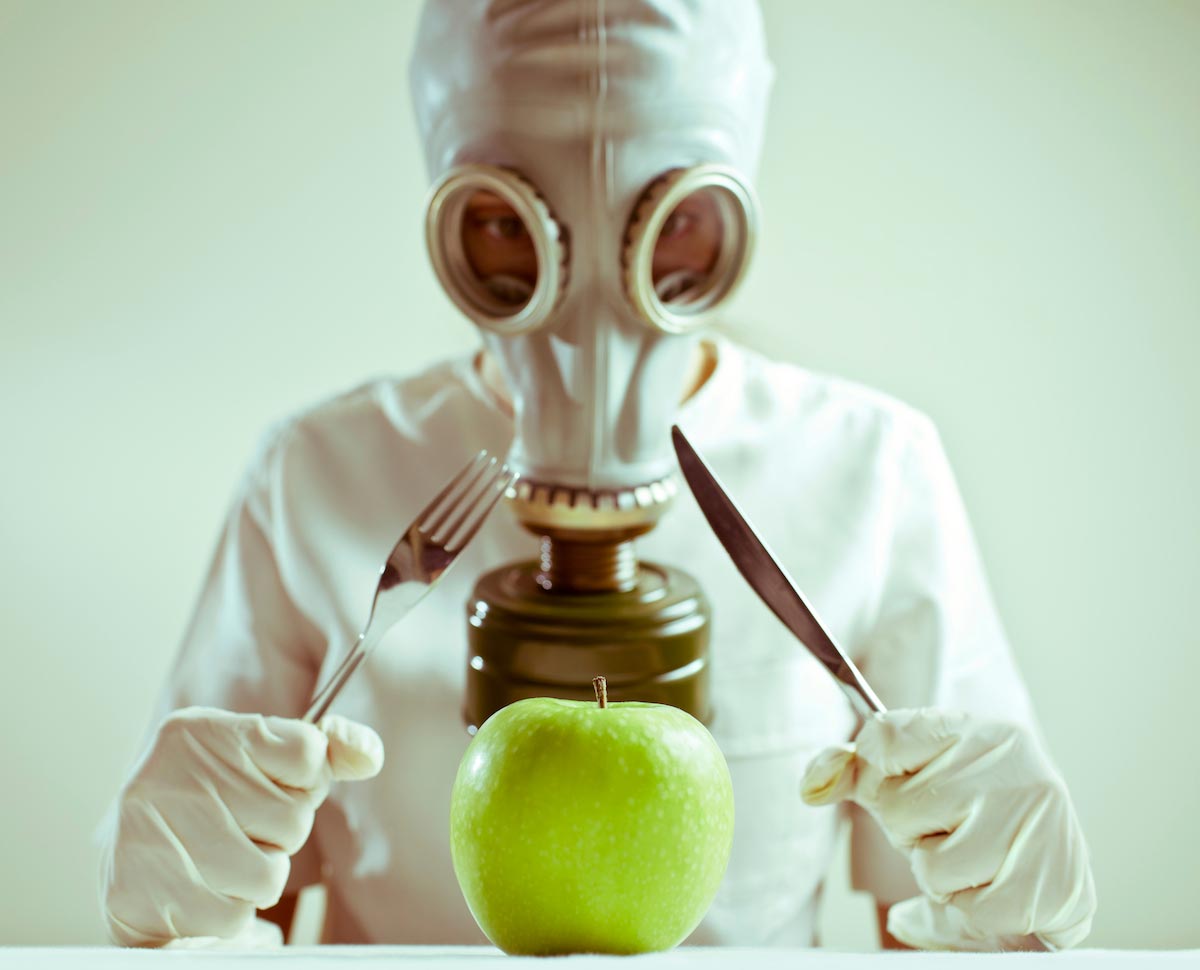Alcohol abuse leads to cancer, strokes, heart disease, brain damage
03/25/2019 / By Amy Goodrich

It’s no secret that excessive alcohol consumption can take a serious toll on your health. While we often associate alcohol abuse with car crashes and cirrhosis of the liver, these are not the only health risks posed by drinking too many alcoholic beverages.
The previously held thought that a glass of red wine a day could have a protective effect on the heart may no longer hold ground. While the consequences of alcohol consumption on your health will depend on how much you drink, some studies have shown that just one glass of red wine a day may increase the risk of many life-threatening diseases such as cancer and atrial fibrillation, which is a known risk factor for stroke.
Toxic metabolites that damage and destroy DNA
When our body breaks down alcohol, it gives rise to a highly toxic substance, called acetaldehyde. Acetaldehyde is a known carcinogen that damages and destroys DNA. It produces highly reactive free radicals that cause inflammation and may lead to several types of cancer. Furthermore, acetaldehyde also interferes with the mechanism that repairs the damage to cells and tissues, thereby increasing the likelihood of mutations which may also lead to cancer growth.
According to a 2011 European study, consumption of alcoholic beverages is one of the most prevalent known causes of human cancer after smoking, chronic infection, and obesity. Drinking alcohol accounts for 3.6 percent of all cancers worldwide. Men seem to be at a greater risk than women, with up to one in ten cancer cases in men and one in 30 in women being caused by former and current alcohol consumption.
Chronic alcohol consumption is a high-risk factor for cancer of the oral cavity, pharynx, hypopharynx, larynx, esophagus, colorectum, and the breast. In some cases, up to 75 percent of cancers were attributed to the consumption of alcohol. For most of these cancers, the burden of alcohol-associated cancers also appeared to increase with every drink. For breast cancer, the researchers found a 10 percent increase for each additional drink consumed per day.
Additionally, heavy drinking can increase the risk of stroke and neurodegenerative diseases up to a four-fold, reported Natural Health 365.
The National Institutes of Health considers 12 to 15 drinks a week as problem drinking, while the European Code Against Cancer recommends keeping daily consumption within two drinks for men and one drink for women. Research, however, has shown that there is no safe threshold since as little as one to two drinks a day significantly raises the risk of cancer.
Multiple studies have shown that any level of alcohol consumption increases the risk of developing alcohol-related types of cancer, heart disease, strokes, and neurodegenerative diseases. Therefore, the burden of alcohol-associated diseases needs to be considered when making public health recommendations on alcohol consummation.
Vitamin C and B-complex vitamins protect the body against alcohol damage and cancer
While it is always better to avoid alcohol in the first place, if you are planning to have a glass of red wine or a beer there are a thing or two you can do to protect your body against cancer-causing chemicals and decrease free radicals and body inflammation.
As reported by Natural Health 365, adequate levels of vitamin B6 and folic acid can slash the cancer risk by 41 percent, while vitamin B3 has shown to decrease the risk by 38 percent. Furthermore, low levels of vitamin B1 play a crucial role in brain degeneration associated with alcohol consumption. Lastly, alcohol consumption can lower levels of vitamin C, which is a potent antioxidant to protect your brain and liver from pro-inflammatory substances and lipid peroxidation.
Sources include:
Tagged Under: addiction, Alcohol, alcohol abuse, alcoholism, brain health, Diseases, heart disease, heart health, stroke


















